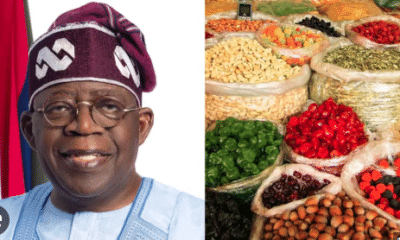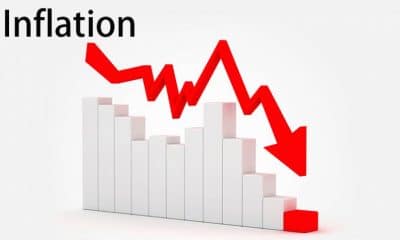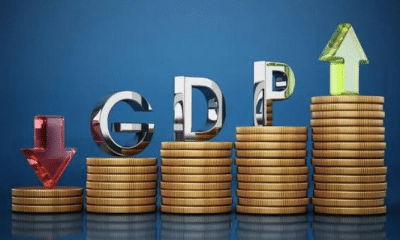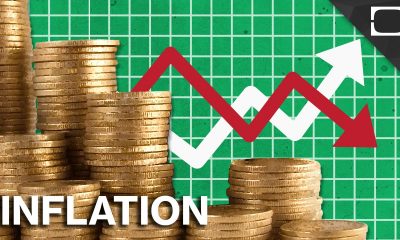Business
‘Price Of Food Denies Nigerians Of Eating Healthy Diet’
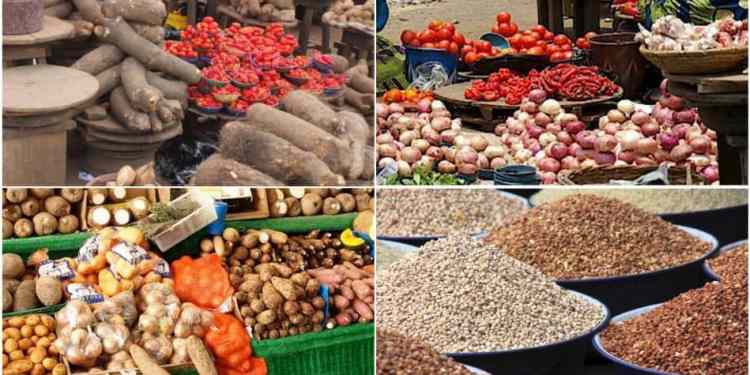
A significant surge in the cost of basic food items necessary for meeting minimum nutrient requirements has been recorded, with prices almost doubling within a year, as per the latest ‘Cost of Healthy Diet’ (CoHD) report by the National Bureau of Statistics (NBS).
The report, produced in collaboration with the Global Alliance for Improved Nutrition, indicates a sharp 96.2 percent increase in the national average CoHD, escalating to N938 per day in February 2024 from N473 per day in the same month of 2023.
The CoHD, a crucial metric in assessing food affordability and nutrition, also showed a 9.32 percent rise from N858 in January 2024, underscoring a continuous upward trend in food costs.
This metric evaluates the cost-effectiveness of various food items based on their availability, price, and nutritional content to determine a financially viable option for a healthy diet.
This dramatic rise in the cost of a healthy diet reflects broader economic challenges and the growing burden on households striving to maintain nutritional adequacy amidst escalating food prices.
NBS report said, “In the past year, the CoHD and the cost of all other goods and services increased at roughly the same rate, until July 2023, when CoHD increased at a faster rate than all goods and services (general Consumer Price Index) and more than all foods for which retail prices are collected.”
It added that in the most recent month, the CoHD continues to rise at a faster rate than food CPI which rose approximately four percent in the past month compared to nine percent for CoHD.
According to the statistical agency, the CoHD is the least expensive combination of locally available items that meets globally consistent food-based dietary guidelines, used as a measure of physical and economic access to healthy diets.
The report added, “This is a lower bound (or floor) of the cost per adult per day excluding the cost of transportation and meal preparation. The retail food price data used in this analysis is collected by the NBS monthly from 10,534 informants spread across the country, from urban and rural outlets for each state.”
Over the past 10 months, the inflation rate in Africa’s biggest economy has accelerated to the highest largely on the back of the federal government reforms including the removal of petrol subsidy and naira devaluation.
Nigeria’s headline inflation rate rose for the 14th consecutive time in February to 31.70 percent from 29.90 percent in the previous month, according to the NBS.
Food inflation, which constitutes 50 percent of the inflation rate, rose to 37.91 percent from 35.41 percent. And it is on course to hit an all-time high in March due to a combination of rising demand, higher transportation costs and worsening insecurity.
The World Bank’s latest Nigeria Development Update report revealed that rising inflation and sluggish growth in Africa’s most populous nation increased the number of poor people to 104 million in 2023 from 89.8 million at the start of the year.
This means that from January to November, an additional 14.2 million people fell into poverty.

